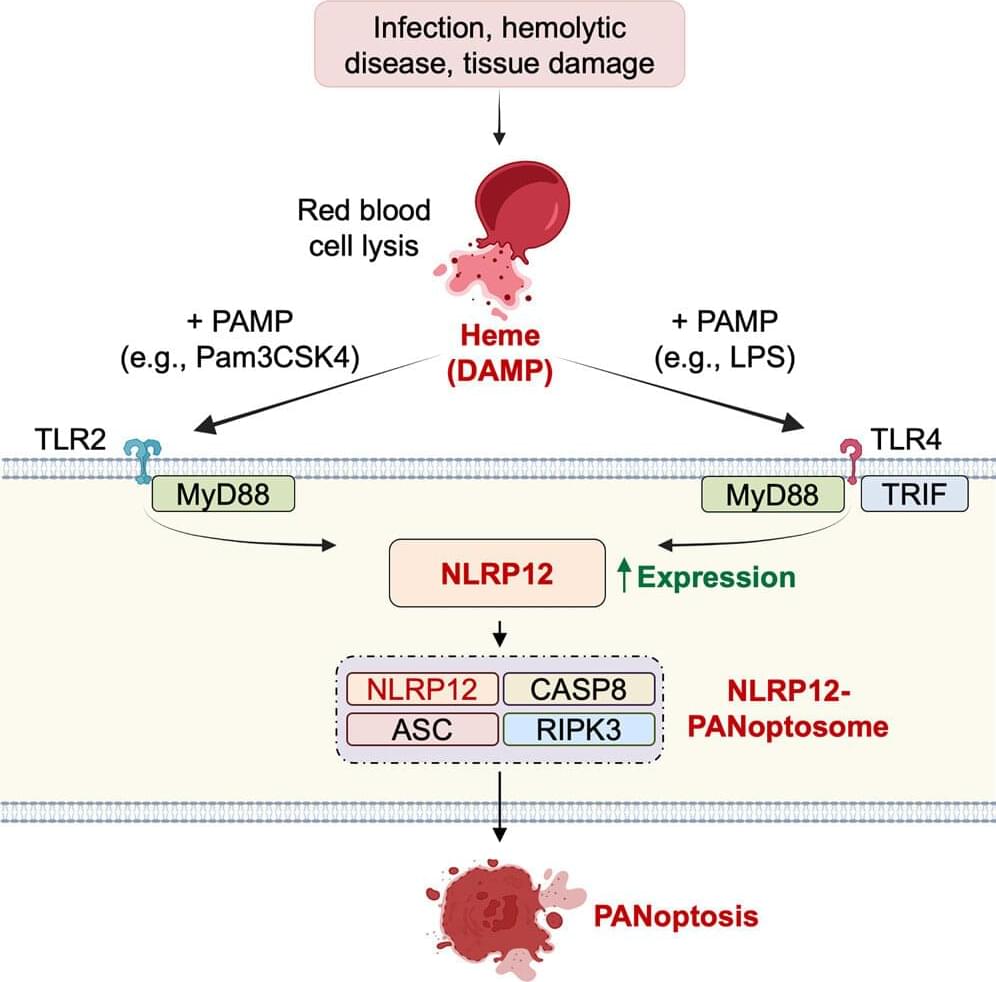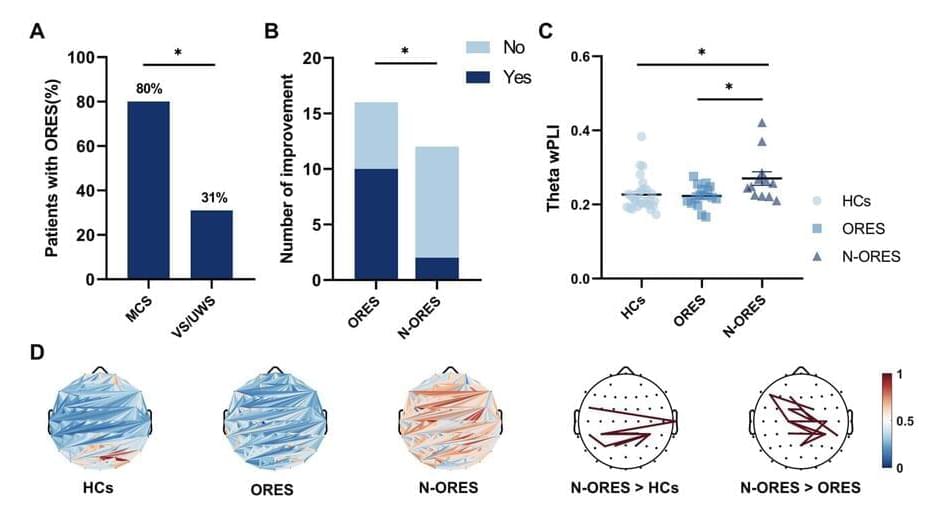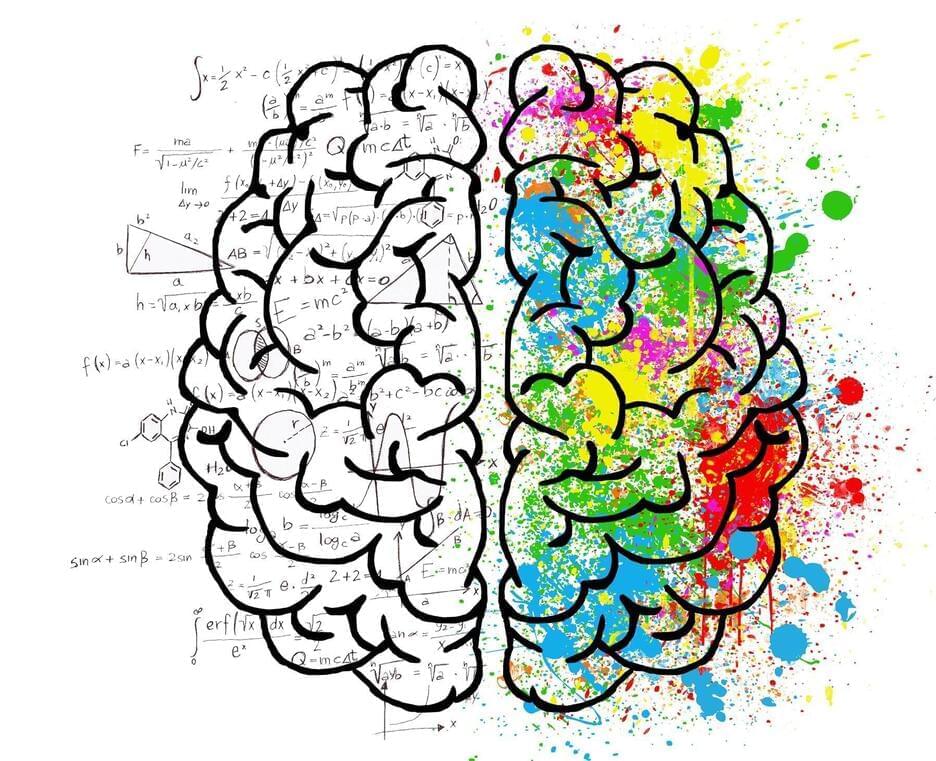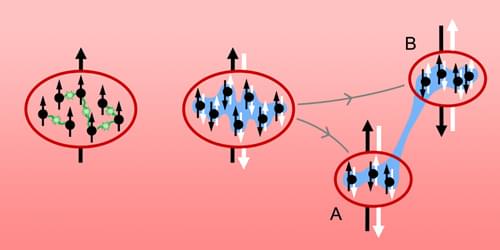Jun 1, 2023
Fish evolution takes place in decades — not millions of years
Posted by Quinn Sena in categories: biological, evolution, genetics, singularity
Given this new information humans could modify their genetic code to rapidly accelerate their evolution aswell leading to a biological singularity of evolution.
Codfish have been telling a story of rapid fish evolution, reshaped by human activity more swiftly than previously assumed, reveals a cutting-edge study led by Rutgers University.
This evolutionary tale, illuminated during the latter half of the twentieth century, signifies the impact of human-driven overfishing. The findings suggest that evolutionary changes, once thought to span millions of years, can be catalyzed within mere decades.
Continue reading “Fish evolution takes place in decades — not millions of years” »


















